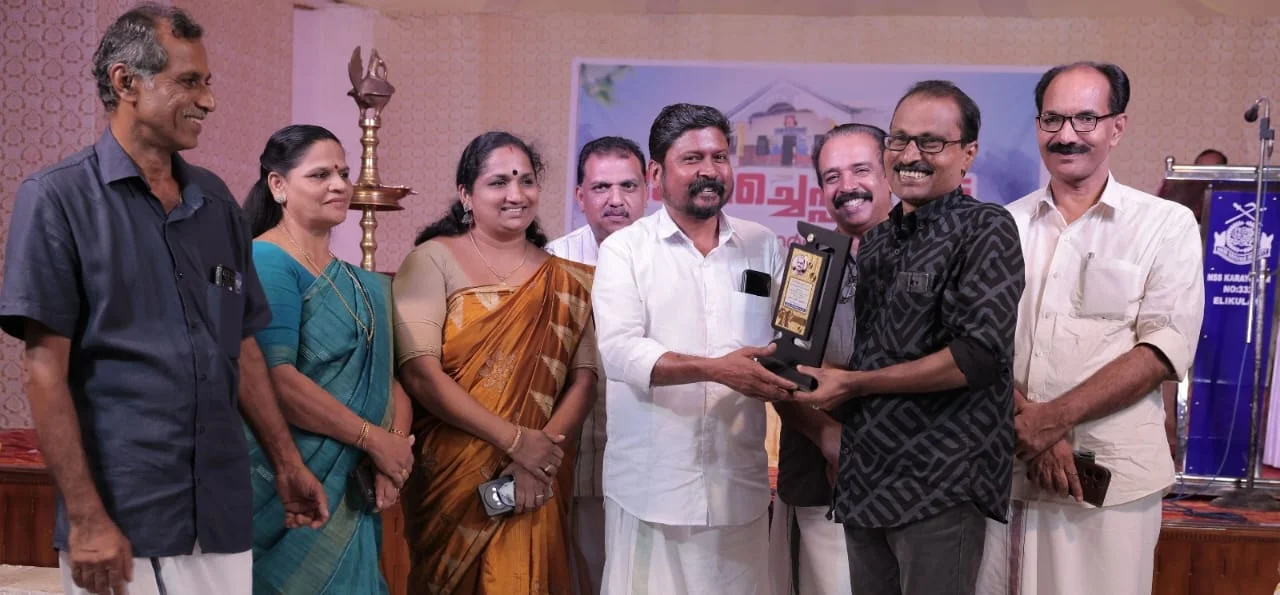Strengthening India’s Healthcare Resilience and Preparedness
The COVID-19 pandemic has been a wake-up call for nations across the world, urging them to reevaluate their healthcare systems and preparedness. India, a country of immense diversity and challenges, has faced its own set of trials during this crisis. However, amidst the difficulties, there are valuable lessons that can guide us toward fortifying our healthcare resilience and preparedness for the future.
In this article let’s discuss the lessons learned from the massive pandemic and how we could strengthen Inidia’s Healthcare resilience and preparedness
Learning from the Pandemic: – The pandemic exposed vulnerabilities in India’s healthcare system, but it also provided crucial insights into areas needing improvement.
Healthcare Infrastructure: – The pandemic revealed the strain on healthcare infrastructure, especially in handling surges in patient numbers. There’s a need to bolster medical facilities, equip them adequately, and ensure their adaptability during emergencies.
Supply Chain Resilience: – Disruptions in the supply chain highlighted the importance of self-sufficiency in essential medical supplies. Strengthening domestic production and creating robust supply chains are essential to ensure timely access to critical resources.
Health Workforce: – The pandemic showcased the significance of a skilled and well-trained health workforce. Investing in training, retaining healthcare professionals, and surge capacity planning is vital for future crises.
Digital Healthcare:- The adoption of digital health solutions saw a surge during the pandemic. Integrating telemedicine, remote monitoring, and health data management can enhance access to care and minimize physical contact.
Public Awareness: – The crisis emphasized the importance of clear and accurate public communication. Building health literacy and promoting accurate information is essential for informed decision-making.
Research and Innovation: – The pandemic underscored the need for robust research and innovation capabilities. Investing in medical research and developing innovative solutions can lead to better preparedness. Strengthening resilience and preparedness, Moving forward, India can take proactive measures to enhance healthcare resilience and preparedness.
Health Infrastructure: – Developing a well-distributed and well-equipped healthcare infrastructure is critical. Ensuring adequate hospital beds, ventilators, and medical supplies can enable better management of future health crises.
Emergency Response Planning: – Creating comprehensive emergency response plans at local, state, and national levels is crucial. These plans should cover resource allocation, coordination, and communication strategies.
Health Workforce: – Investing in training, skill development, and capacity building for healthcare professionals can enhance their preparedness to handle unforeseen challenges.
Surveillance and Early Detection: – Strengthening disease surveillance systems and early detection mechanisms can enable timely intervention and prevent the rapid spread of infectious diseases.
Supply Chain Management: – Developing a resilient supply chain for medical equipment and essential supplies is essential. Promoting domestic manufacturing and establishing strategic stockpiles can mitigate supply disruptions.
Digital Health Integration: – Expanding digital health services can improve access to healthcare, especially in remote areas. This includes telemedicine, health apps, and electronic health records. Expanding digital health services is a promising way to enhance healthcare access, particularly in far-flung regions. This encompasses valuable tools like telemedicine, health-oriented apps, and electronic health records. Through telemedicine, people in remote areas can consult doctors virtually, bridging geographical gaps. Health apps provide information, reminders, and even symptom tracking, promoting healthier lifestyles. Electronic health records streamline medical information, ensuring seamless care, even when patients change healthcare providers.
Community Engagement: – Building partnerships with local communities can enhance awareness, readiness, and collaboration during health crises.
Public Health Funding: – Adequate funding for public health initiatives is critical. Allocating resources for research, development, and emergency preparedness ensures a robust response to health emergencies.
Research and Development: – Promoting medical research and innovation can lead to the development of new treatments, diagnostics, and preventive strategies for emerging diseases.
Global Collaboration: – Collaborating with international organizations and other nations can facilitate information sharing, resource allocation, and coordinated response efforts during global health crises.
Conclusion
The COVID-19 pandemic has left an indelible mark on India’s healthcare landscape. It has revealed vulnerabilities and provided insights that can guide us in building a more resilient and prepared healthcare system. By addressing the gaps highlighted by the pandemic, and investing in infrastructure, training, research, and innovation, India can emerge better equipped to face future health challenges. This requires a collective effort from governments, healthcare professionals, researchers, and communities. As we move forward, let us learn from the lessons of the pandemic and work towards ensuring the health and well-being of our nation.





